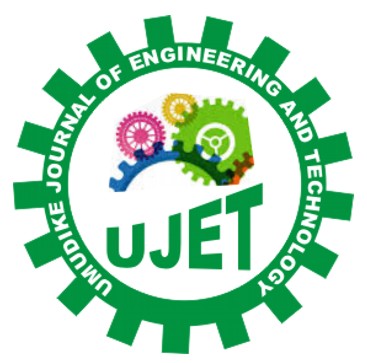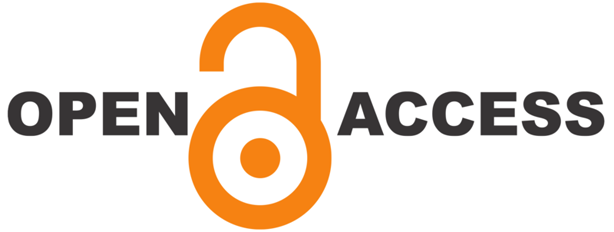|
Ugwu, H. U.
Department of Mechanical Engineering, Michael Okpara University of Agriculture, Umudike, Nigeria
Uhunwa, I. N.
Department of Mechanical Engineering, Michael Okpara University of Agriculture, Umudike, Nigeria
ABSTRACT
A battery-aided fuel-less AC generator in which the alternator was
driven by a dc motor connected to a rechargeable battery, using the principle
of electromagnetic induction has been presented in this paper. The criteria for material selection were presented,
and simple mathematical models developed to analyze its performance, before the
actual unit was constructed. With a 12V/100Ah battery, a 1kW dc motor and an
800VA alternator, it was observed that the generator had an efficiency of
28.7%. This only supported quite a small load current. As the dc motor consumes
energy from the battery during operation, a diode (rectifier) was incorporated
in the design to recharge the battery, while a suitable controller installed
helped to regulate the voltage due to consumer load variations. However, with
an increase in the number of battery units connected in parallel or a very high
deep-cycle capacity battery installed, the load it can support would
significantly increase.
Keywords: 0.8kVA battery aided, fuel-less generator, alternative electricity, electromagnetic induction, economical, green and clean.
|
View: 411 | Download: 2
Published
Sunday, December 31, 2017
Issue
Vol. 3 No. 2, DEC 2017
Article Section
GENERAL
The contents of the articles are the sole opinion of the author(s) and not of UJET.
|


